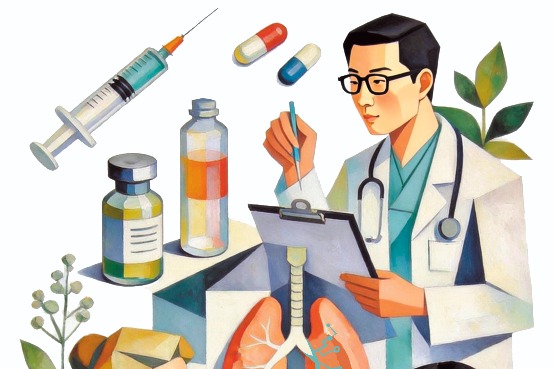Back to the future
We need to return to a model of agriculture that focuses on the health of the ecosystem as a whole, not just crop yields


The International Panel on Climate Change released a Summary for Policymakers in August to prepare for the Conference of the Parties to the UN Framework Convention on Climate Change (COP 26) which is to be held at the beginning of November in Glasgow, Scotland. It provides a summary of the current state of climate change.
Time is running out if we are to limit the average global temperature rise to 1.5 C above pre-industrial levels, and many experts are warning of our extinction as a species if no decisive action is urgently forthcoming.
In that respect the warning of climate scientist Francois Gemenne, a lead author of the report, that we are beginning to detect the first signs that we are breaking the climate thresholds, sounds like the ultimate warning.
These tipping points are when the climate would suddenly change to a completely different state from the one we know today, without us being able to do anything to stop the phenomenon.
The target of 2 C was set as the upper limit in the Paris Agreement because it was thought that we would not reach these thresholds before temperatures rose by 2 C. But we are starting to get dangerously close to doing so, for the report notes for the first time a weakening of the Gulf Stream, which is the sea current that ensures a temperate climate in Europe and North America.
It also points out that human-induced climate change is already affecting many weather and climate extremes such as heat waves, heavy precipitation, droughts and tropical cyclones.
Climate change is not the only matter of concern though. We are losing our arable land worldwide at such a pace that we might just have 60 crops going forward if we do not proactively regenerate the soil. This is due to the exhaustion and destruction of the soil by compaction and extensive use of chemical fertilizers, pesticides, fungicides and herbicides. Since World War II with the so-called Green Revolution we have entered a vicious circle. Chemicals become indispensable for sustaining productivity and their use has to be increased crop by crop leading to desertification. The world's soil is rapidly turning into dust.
Regenerative agriculture is the solution-perhaps the only one. We need to revisit all the basic assumptions of our agriculture and go back to a pre-agricultural revolution vision that focuses on the health of the ecological system as a whole, not solely on high production yields of crops. There was a time when foraging humans relied on natural fertility to ensure their food supply. The model at the time was the forest. The forest has multiple layers and the diversity required to keep natural carbon and nitrogen cycles running in such a way that makes the use of inputs unnecessary. The ones who came up with our present way of agriculture thousands of years ago in the lands of the Fertile Crescent, which are nowadays deserts, did not have the ability to master the complexity of ecosystems in order to keep them running and gear them to produce food from the canopy in the air to the roots and fungi deep into the soil. Today artificial intelligence can do this. We have the potential to understand and steward complex systems and have multi-factorial-management capabilities that can forecast and manage outputs and productivity. Patrolling robots can map productive ecosystems, help in reinforcing the cooperative processes between roots, fungi, bacteria, microorganisms and do the minimum smart intervention required to keep homeostasis while enabling change. As a matter of fact, we have come to a point where agroforestry, regenerative agriculture, permaculture and technology must be combined in order to save us from the predicament we have put ourselves in.
The response of China to these challenges will be a key determiner of whether we can succeed or not. China has a command of world-leading technologies and a government committed to sustainability and the common good. I have no doubt that the people in the United States and the European Union will come to terms with this and resolutely engage with China to promote a global ecological civilization.
The author is a former Belgian ambassador to China, co-founder of European Union China Joint Innovation Centre and co-founder of Kabissa, an organic farm house in Yunnan. The author contributed this article to China Watch, a think tank powered by China Daily. The views do not necessarily reflect those of China Daily.
Contact the editor at editor@chinawatch.cn


































